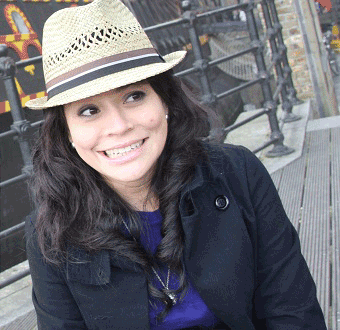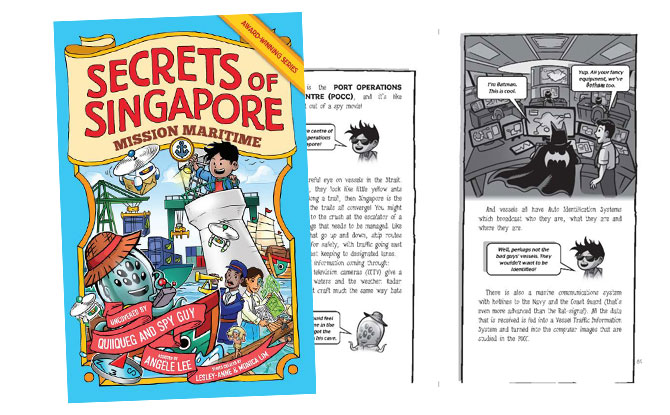
Most people do not regularly have campfires and toast marshmallows with their kids at bedtime.
Sound like a silly idea? Not when it provides a chance for children to exercise their imagination through role-play while simultaneously growing their interest in books and reading.
And if Carina Hales had her way, more people would be doing just that.
Carina is the Artistic Director of local children’s theatre group, Players Theatre. With over a decade of experience working with children and youth, she is a big believer in child-led play and discovery.
Year-end Holiday Camps: Discover Fun and Exciting Camps for Kids; Book Early
Dec Fun: Get the Best Ideas for the School Holidays
“I love children, love communicating with them, and love seeing things from their point of view,” she says.
And it is with this same enthusiasm and empathy for children that she encourages parents to develop their children’s love for books and stories through imaginative activities and role-playing.
Silly Adventures with Books
Looking for ideas on how to start? An easy way is to come up with wild, silly, adventures based on your child’s favourite story book characters.
Imagine what would happen if the giant in Jack and the Beanstalk decided to open a theme park in the sky? Or what would the Big Bad Wolf do if he was an action movie star?
“Let your child take the lead…there shouldn’t be an expectation of right or wrong, it doesn’t need to be logical or make sense, don’t worry about a ‘moral’ outcome, and most importantly, let your child guide you down his path of imagination,” says Carina, a mother of two.
In fact, the sillier it is the better it seems. And these “what if” stories can often be dramatised and acted out for an extra dose of fun.
Carina shares, “My younger boy is very dramatic so he loves role-playing scenes from stories. He tells my husband and I to ‘say this’, or ‘do this’, so he can act something out.”
Growing Through Stories
And, in the cradle of a child’s imagination, even the most mundane of objects can spark off exciting adventures.
Recounting an occasion when she was using a rule to measure something, Carina describes how her son suddenly decided that the ruler in her hand was really a wood axe. The Players Theatre’s Artistic Director quickly came under the direction of her son who cast the entire family into a production. “Mama, you are the woodcutter”, “Papa, you are Grandma”, “Momo is the big bad wolf!”
“We engage him most of the time; these kind of impromptu moments are precious,” says Hales.
Indeed, not only are such parent-child moments worth treasuring but invaluable to a child’s development.
Besides nurturing children’s imagination and feeding their creativity, according to Carina, such activities also help children find their voice, develop empathy, build social skills and even test limits.
Nurturing a Love for Books
But what happens if your child does not have a favourite story book to begin with?
“I think a child you might consider a ‘reluctant reader’ should be allowed to read anything that piques his interest, be it a comic book or a LEGO catalogue featuring pictures,” says Carina. “Use that time to connect with him, and engage him in conversation about what excites him about his reading material, no matter how unconventional.”
Her own book recommendations for young children include Lucy Cousins’ book I’m the Best, Nick Sharatt’s Shark in the Park, books by Emily Gravett and Mo Willems’ Elephant andPiggie series.
“Great books are ones that explore interesting ideas, or have characters and situations the reader can connect with,” she says, “The point should be that the page brings joy and fires up his [the child’s] imagination.”
Looks like it is time to light up the campfire in the bedroom and bring out the marshmallows tonight!
Carina Hales’ Five Book-based Activities Parents Can Do with Their Children
1. Make up silly stories around your child’s favourite story book character.
2. Have your child tell you his favourite story as you doodle along.
3. Come up with a funny tune to sing the words of the book to. The sillier the better!
4. Let your child fill-in the last word of every sentence in his favourite book or poem. This works best with a simpler picture book, one with an obvious rhyming scheme, or one your child knows well.
5. Find an activity from your child’s favourite book and make it happen for real.


















